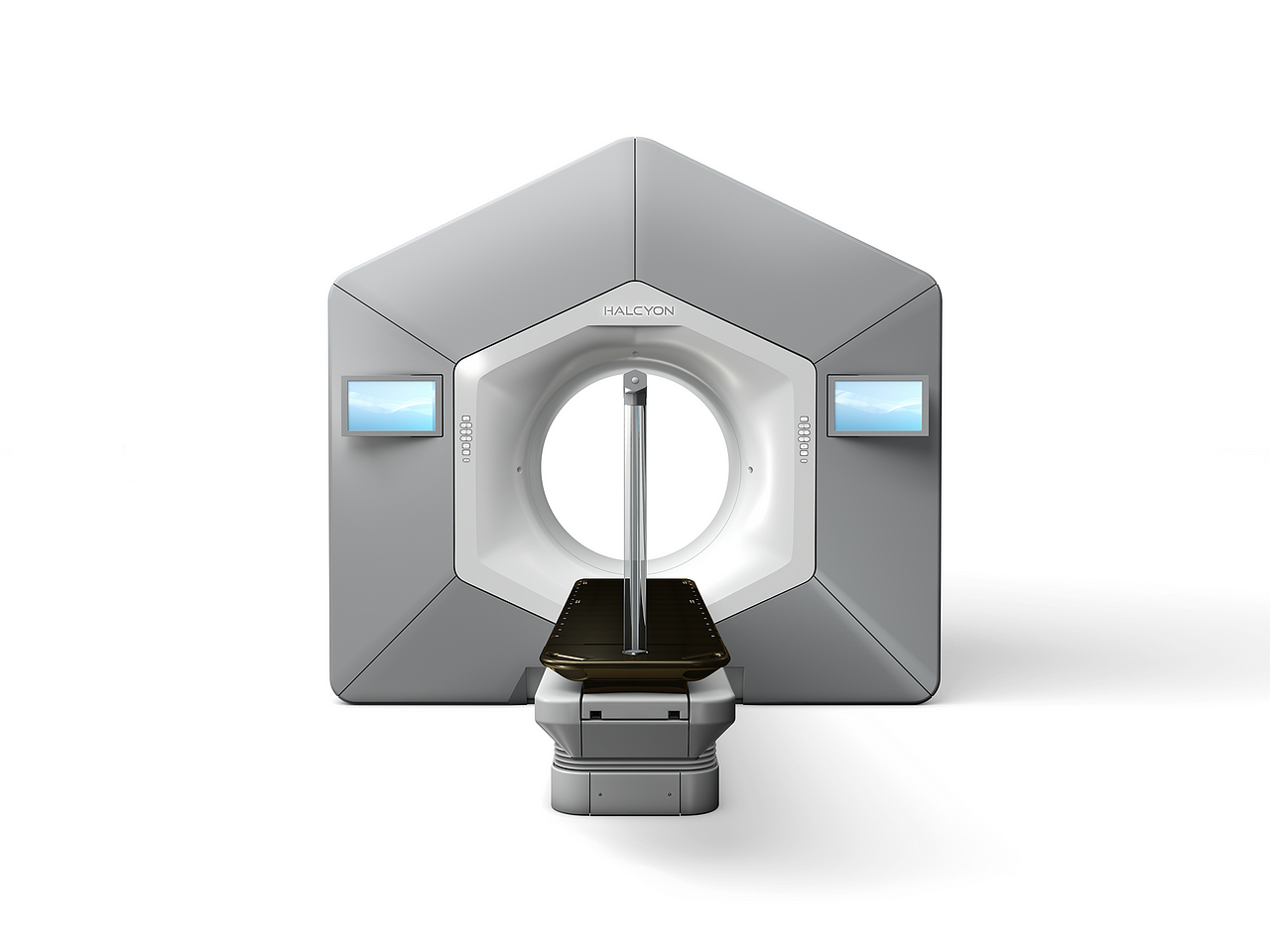Lung Cancer Diagnosis and Treatment
At Cancer Care of North Florida, once cancer has been diagnosed, our specialists may order diagnostic testing and imaging to help determine the stage and extent of the disease. It is very important to do a comprehensive lung cancer work-up to carefully evaluate the extent of the cancer.
- Medical history and physical exam
- Chest x-ray
- Pulmonary function testing
- Sputum cytology
- Thoracentesis
- Bronchoscopy
- Endobronchial ultrasound (EBUS)
- Mediastinoscopy
- Thoracoscopy
- Biopsy and molecular assessment
- Blood tests for tumor markers
- MRI scan
- CT scan
- Ultrasound
- PET imaging
- Bone scan
Lung cancer treatment depends on the extent of the cancer within your body. At Cancer Care of North Florida, we use the most advanced therapies available to treat lung cancer. An individualized plan of care may include multiple types of treatments.
Surgery for Small-Cell lung cancer is rarely used as part of the treatment plan, as the cancer has usually spread elsewhere upon diagnosis.
Types of surgery for Non-Small Cell lung cancer include the following:
Pneumonectomy – This surgery removes an entire lung. This might be needed if the tumor is close to the center of the chest.
Lobectomy – The lungs are made up of 5 lobes (3 on the right and 2 on the left). In this surgery, the entire lobe containing the tumor(s) is removed. If it can be done, this is often the preferred type of operation for NSCLC.
Segmentectomy or wedge resection – In these surgeries, only part of a lobe is removed. This approach might be used if a person doesn’t have enough normal lung function to withstand removing the whole lobe.
Sleeve resection – This operation may be used to treat some cancers in large airways in the lungs.
Video-assisted thoracic surgery (VATS thoracoscopy) – It uses smaller incisions, typically has a shorter hospital stay and fewer complications than a thoracotomy.
Robotically assisted thoracic surgery (RATS thoracoscopy) – thoracoscopy is done using a robotic system.
Other forms of non-surgical interventions for lung cancer include:
Radiofrequency ablation (RFA) – RFA uses high-energy radio waves to heat the tumor. An electric current is passed through the probe, which heats the tumor and destroys the cancer cells. RFA might be considered for some people with small lung tumors that are near the outer edge of the lungs, especially if they can’t tolerate surgical intervention.
Radiation – Any remaining cancer cells left after surgery are destroyed with high-energy radiation beams. For some lung cancer, treating with chemotherapy at the same time can make radiation therapy work better. It is possible to receive radiation therapy before, during or after surgical intervention. Also, when surgery is not possible, radiation can be used to help slow the growth of the tumor. We work closely with Cancer Care of North Florida Radiation Oncology located on campus.
Chemotherapy – Chemotherapy (chemo) are anti-cancer drugs that may be given intravenously (injected into your vein) or by mouth. The drugs travel through the bloodstream to reach cancer cells in most parts of the body. Chemotherapy can sometimes be given before, during or after surgery. At Cancer Care of North Florida, our team provide extensive education and supportive care through your therapy.
Targeted Treatments – Targeted drugs work differently from chemo drugs. They sometimes work when chemo drugs don’t, and they often have different side effects. They can be used either along with chemotherapy or by themselves if chemotherapy is no longer working. Targeted treatment options are determined by further genetic testing of the tumor cells. This type of testing is usually done on the biopsied tissue of the tumor cells.
Immunotherapy – Immunotherapy is the use of medicines to help a person’s own immune system better recognize and destroy cancer cells. Immunotherapy can be used to treat some people with advanced lung cancer.




